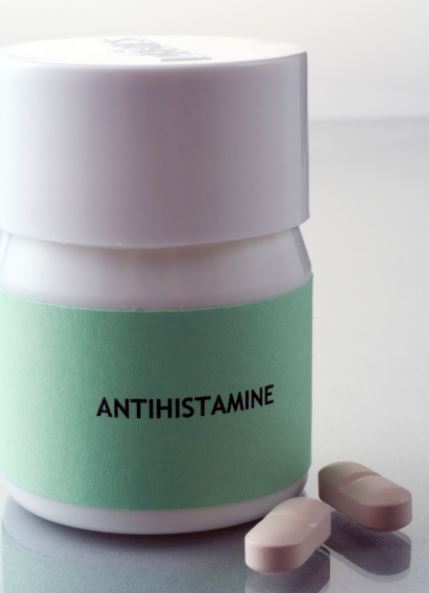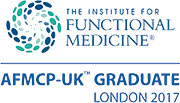Getting the tissues out again?
Apr 26, 2021
Posted by: Monique Parker
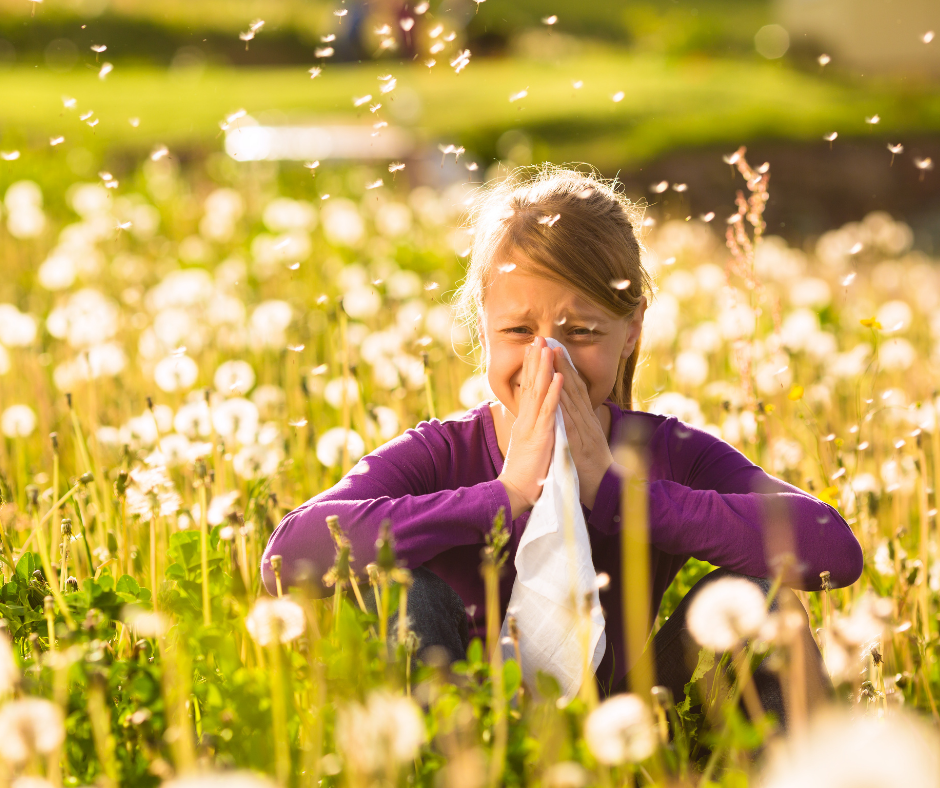
Every winter we are looking forward to the first signs of spring, but there is one thing we are not looking forward to: seasonal allergies such as hay fever.
So now it is here, the season of runny noses, itchy eyes, and sneezes.
Why do you actually get these symptoms when there are pollen around? And why doesn’t everyone have the same reaction?
Hay fever is an allergy against pollen. It is one of the most common allergies in the UK, with one in four people suffering from it.
Most people only carry antibodies to viruses and bacteria, but a third of people also carry antibodies to common things such as pollen. That is why not everybody suffers from hay fever. Some people develop hay fever as a child, others first get it when they are adults. An allergy may develop at any time.
In spring it is mainly tree and grass pollen that can cause issues. When you come into contact with pollen (the allergen) your immune system responds by activating immunoglobulin E antibodies (IgE). These antibodies travel to cells (mast cells and basophils) that release a chemical called histamine, causing an allergic reaction and the symptoms we all know too well: sneezing, runny nose, itchy eyes, skin rash etc. The body is trying everything to get rid of the pollen allergen.
Symptoms will vary depending on the pollen count. Some days it is better than others.
By taking an antihistamine tablet, you can reduce the symptoms, but there are various supplements that work as natural antihistamines. It might worth checking them out.
How to manage your hay fever?
1. You can take antihistamine tablets to treat your symptoms,
but don’t forget that antihistamines don’t cure hay fever.
Like all medicines, antihistamines can cause side effects.
Headache, dry mouth and feeling sick are some of the side effects
of non-drowsy antihistamines.
If you have any health problems such as high blood pressure,
thyroid problems, heart disease etc. please check with your GP
if it is ok to take antihistamines.
2. It is important to keep an eye on the pollen forecasts and stay indoors with the windows closed when the pollen count is high.
3. Do not dry cloths outside if the pollen count is high, as they can hide in the fabric.
4. You might be surprised, but good gut health is crucial for an efficient immune system. After all, about 70% of your immune system is located in your gut. Also, an unhealthy gut microbiome could lead to histamine intolerance, where too histamine is produced and/or there is a deficiency in diamine oxidase (DAO), the enzyme that breaks it down. When this happens, histamine can then be absorbed and be translocated to different sites of the body, aggravating allergic symptoms.
You can get privately tested for histamine intolerance and/or DAO deficiency, and there are DAO supplements available.
Natural antihistamine supplements
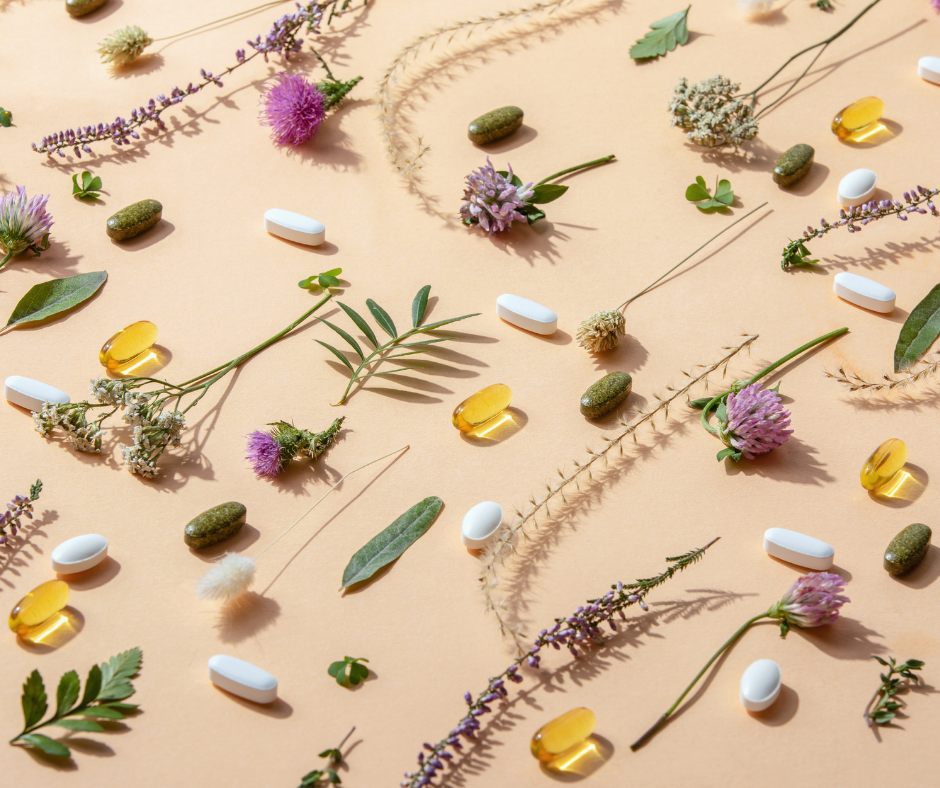
Personally, I’m a big fan of quercetin. I had great success with it, managing my daughter’s hay fever. She suffered from hay fever very badly. Now she starts taking the quercetin well before the pollen season starts and only occasionally takes an antihistamine tablet.
Quercetin is a flavonoid. Flavonoids are plant pigments that are generally responsible for the colours of many vegetables, fruits, and flowers. They can modify the body’s reaction to allergens like pollen. Quercetin is able to inhibit the production and the release of histamine by stabilising the mast cells.
Quercetin supplements often come with an addition of another natural antihistamine, such as nettles, bromelain (an enzyme from the stem of pineapple) or vitamin C.
Vitamin B5 is also sometimes added, as it has been shown to reduce allergic reactions.
These are my favourite products*:
Viridian – Quercetin B5 Plus Complex
This contains quercetin and vitamin B5, with nettle extract, chamomile flower, pine bark extract, bromelain, acerola fruit and vitamin C.
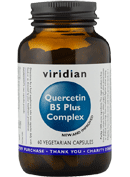
Terranova – Quercetin Nettle Complex
This contains quercetin, nettle, bromelain, turmeric and elderflower
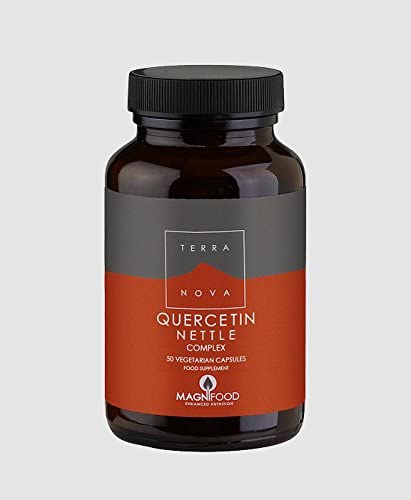
For those of you who don’t like taking tablets/capsules:
PatchMD Allergy Plus
A daily patch that you wear for a minimum of 8 hours, which contains quercetin, vitamin C, nettles, bromelain, luteolin, rutin, N-Acetyl Cysteine (NAC), Holy Basil Leaf Extract, milk thistle, ginger, licorice and astragulus.
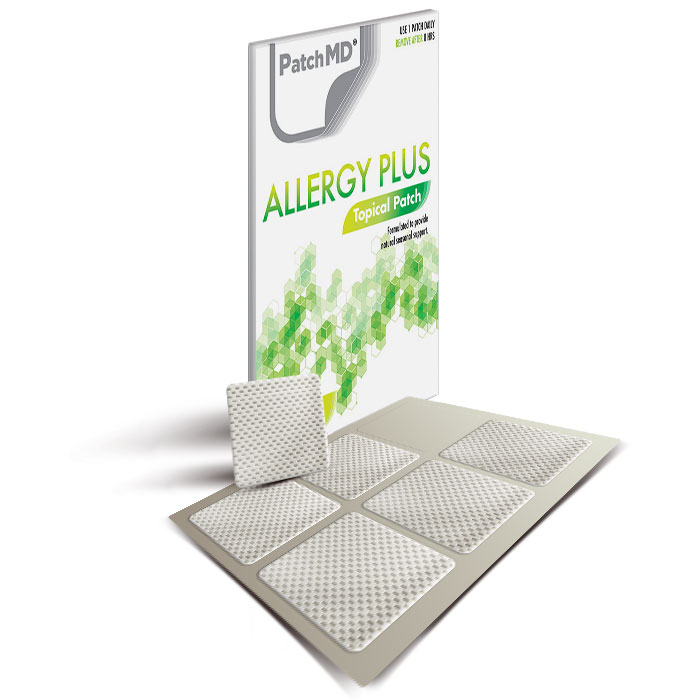
* If you are pregnant, taking medication or have any other medical conditions consult a healthcare professional before using these products.
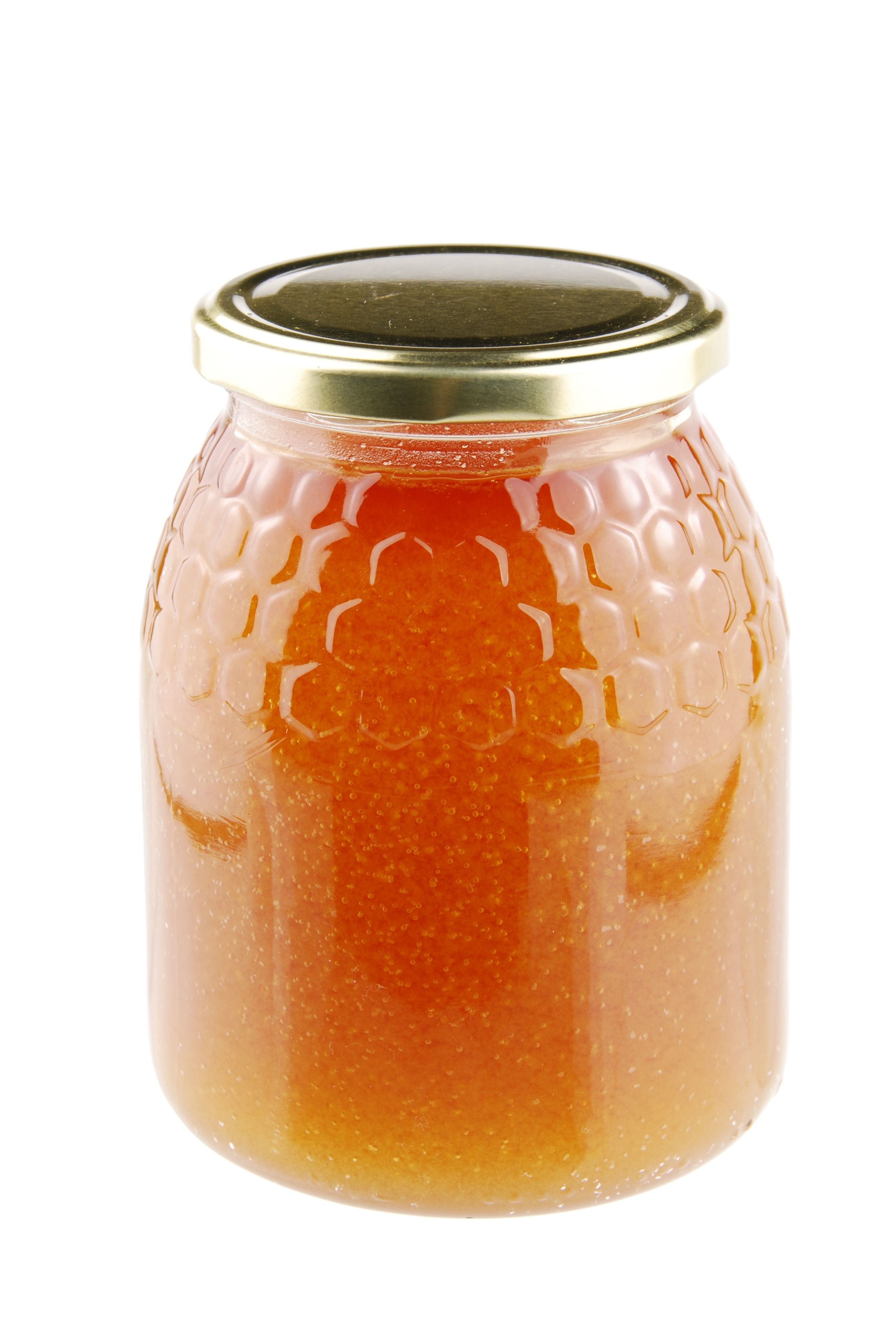
Honey
And then there is honey….
Many people use honey as a natural remedy for hay fever, because of the idea that the bee pollen in the honey could desensitise your body to other pollen. You have to use honey that is from your local area though, and it probably needs to be taken for at least five months before the pollen season is expected. Unfortunately, the jury is still out on the benefits of honey for hay fever; it is still not 100% scientifically proven that it really works.
For more information on the health benefits of honey, check out https://www.weybridgebeekeepers.org/health-honey.html
Nutrition
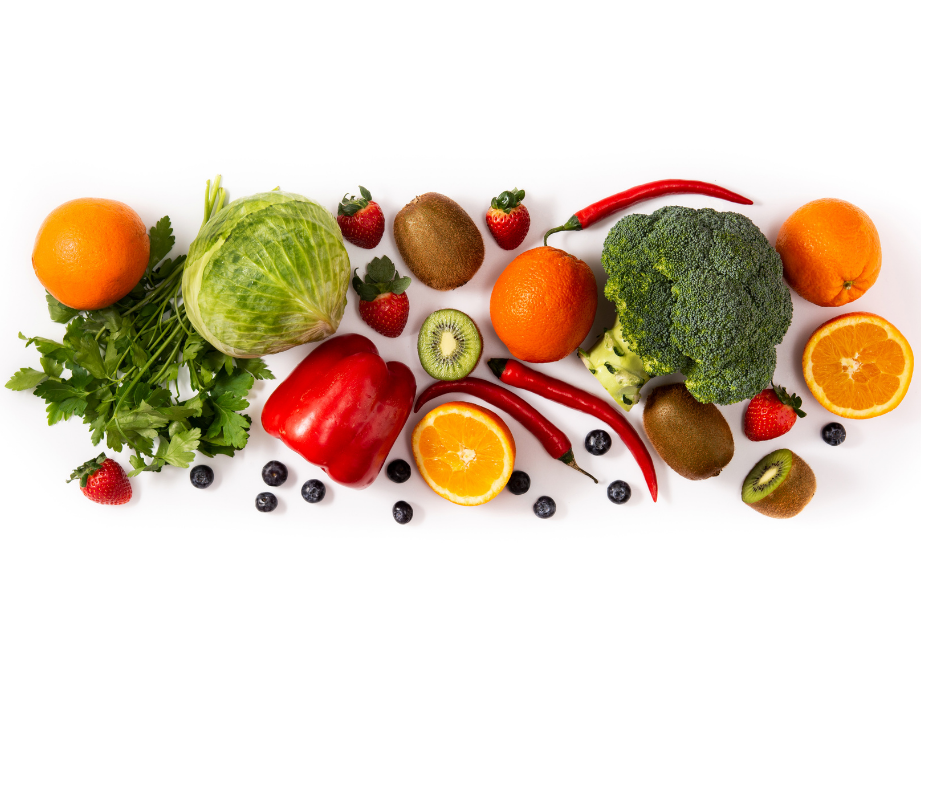
It will also help if you increase your intake of foods that contain the above-mentioned natural antihistamines:
Good quercetin foods - onions, apples, grapes, berries, broccoli, citrus fruits, cherries, green tea, coffee, red wine, and capers
Vitamin C- rich foods - peppers, broccoli, cauliflower, citrus fruits, kiwi, strawberries, butternut squash
Bromelain – pineapple
As foods containing high levels of histamine can intensify symptoms, it is good to reduce these during the hay fever season:
- alcohol and other fermented beverages drinks
- fermented foods such as yogurt, kimchi, sauerkraut, miso
- sour dough bread
- dried fruits
- chocolate ☹
- avocados
- aubergine
- spinach
- processed or smoked meats
- tomatoes
- seafood
Wishing you a sneeze-free spring!

